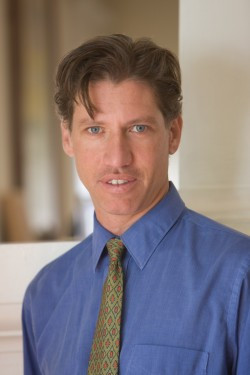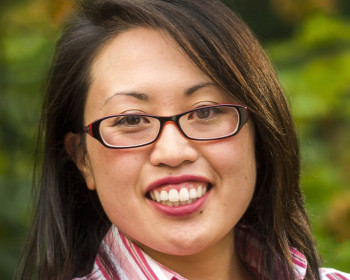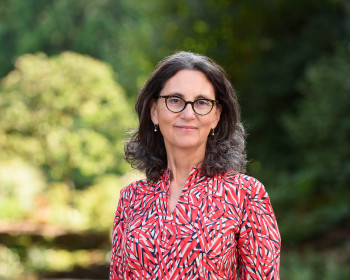Shedding Light on Immigrant Detention in the U.S.
Open gallery

Professor of History Elliott Young has been awarded a $6,000 American Philosophical Society (APS) Franklin Research Grant. These funds will allow Dr. Young to travel to Ottawa, Canada, Washington, DC, and Atlanta, Georgia to conduct research that will contribute to two chapters of a book tentatively titled, The Excluded: Immigrants and Indefinite Detention in the United States from the Nineteenth Century to the Present. For one chapter, Dr. Young will research the Canadian Privy Council minutes in Ottawa and the US State Department correspondence in Washington DC to gather additional information about the detention of nineteen Chinese immigrants at McNeil Island federal prison in the late 1880s. For work on another chapter, which will focus on the longest prison uprising in US history led by Mariel Cuban refugees in 1987, Dr. Young will travel to Atlanta, Georgia to study the Cuban-Haitian Task Force Papers housed at the Jimmy Carter Presidential Library and the Mariel Cuban Detainee Reviews at the Atlanta History Center; these archives, together with interviews of some of the protagonists of the prison uprising, will shed light on this pivotal moment in indefinite immigrant detention.
As it explores the origins and expansion of immigrant detention, this book-which will be Dr. Young’s third published manuscript—will show the limits of liberty for non-citizens and provide the first broad history of immigrant detention in the United States. Further, as Dr. Young stated, “Exploring the connections between the earliest examples of indefinite immigration detention in the 1880s and the most recent cases in the twenty-first century will provide a broader historical context for understanding the legal and ethical challenges presented by incarcerating an unprecedented number of migrants today.” More about Dr. Young’s scholarship and teaching is available here.
More Sponsored Projects and Research Compliance Office (SPARC) Stories
Sponsored Projects and Research Compliance is located in room 208 of Albany on the Undergraduate Campus.
MSC: 47
email sponsres@lclark.edu
voice 503-768-7211
SPARC uses a team email, so please email sponsres@lclark.edu
with questions or if we can be of assistance.
Assistant Vice President
Kelly L. DelFatti, CRA
503-768-7211
delfatti@lclark.edu
Research Administrator
Jessica Sweeney, MA
503-768-7193
jessicasweeney@lclark.edu
Sponsored Projects and Research Compliance
Lewis & Clark
615 S. Palatine Hill Road MSC 47
Portland OR 97219

